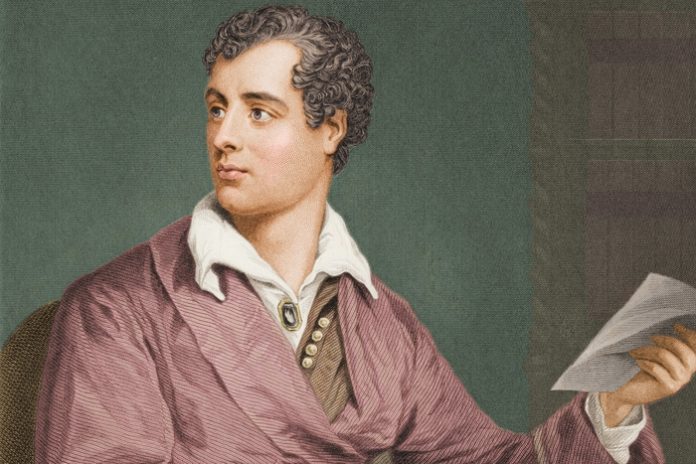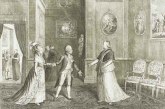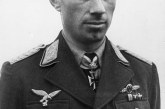
One of the greatest European poets of the 19th century, nobleman and adventurer, George Gordon Byron was born on January 22, 1788 in London. He was a member of the Upper House of the British Parliament, where he immediately gained fame as an excellent speaker. Although he was lame, because of his attractive appearance and unfettered personality, he was a favorite of society. Nevertheless, marriage with a cousin and a quick divorce disturbed the English nobility of conservative control. Defamation, political scandals, and even negative criticisms of his first collection Hours of Leisure, to which he responded with fierce satire English bards and Scottish critics led him to definitively leave England and embark on his legendary adventure across Europe and the Middle East.
He first traveled to Switzerland to meet P. B. Shelley, who resides there with his unmarried wife, Mary Godwin, and her sister, Jane Clairmont (according to legend, Mary Godwin, later Shelly, wrote the Frankenstein novel at his instigation). After that, Byron travels across Europe and the Middle East, where she has short-lived relationships with many women, writes her own poems and lives a life of forbearance.
He was expelled from Italy for aiding the Carbonara (Italy’s unification movement), after which he left for Greece in 1823, where he joined the national liberation movement from the Ottoman rule. Among the insurgents, he dies from the effects of next year’s fever.
Byron is the foremost English romanticist, also a symbol of European upheaval romanticism. The influence of his poetry and life was spreading across Europe as a new sentimental attitude to reality, which was accompanied by immense prints of his works. In his poems and plays, Byron idealizes the authenticity of the primitive, the beauty of the untouched nature, the struggle of the strong individual for his own identity, against the general aspirations of industrialization and commercialization of civil society.
His main works are the epic poems of Pilgrimage by Childe Harold, Dhaur, Pirate, The Siege of Corinth and the Chillon Prisoner. Critics today value his singing Don Juan (16 singing), most notably for mixing romantic recollection with ironic drift, wit, and brash satire.




